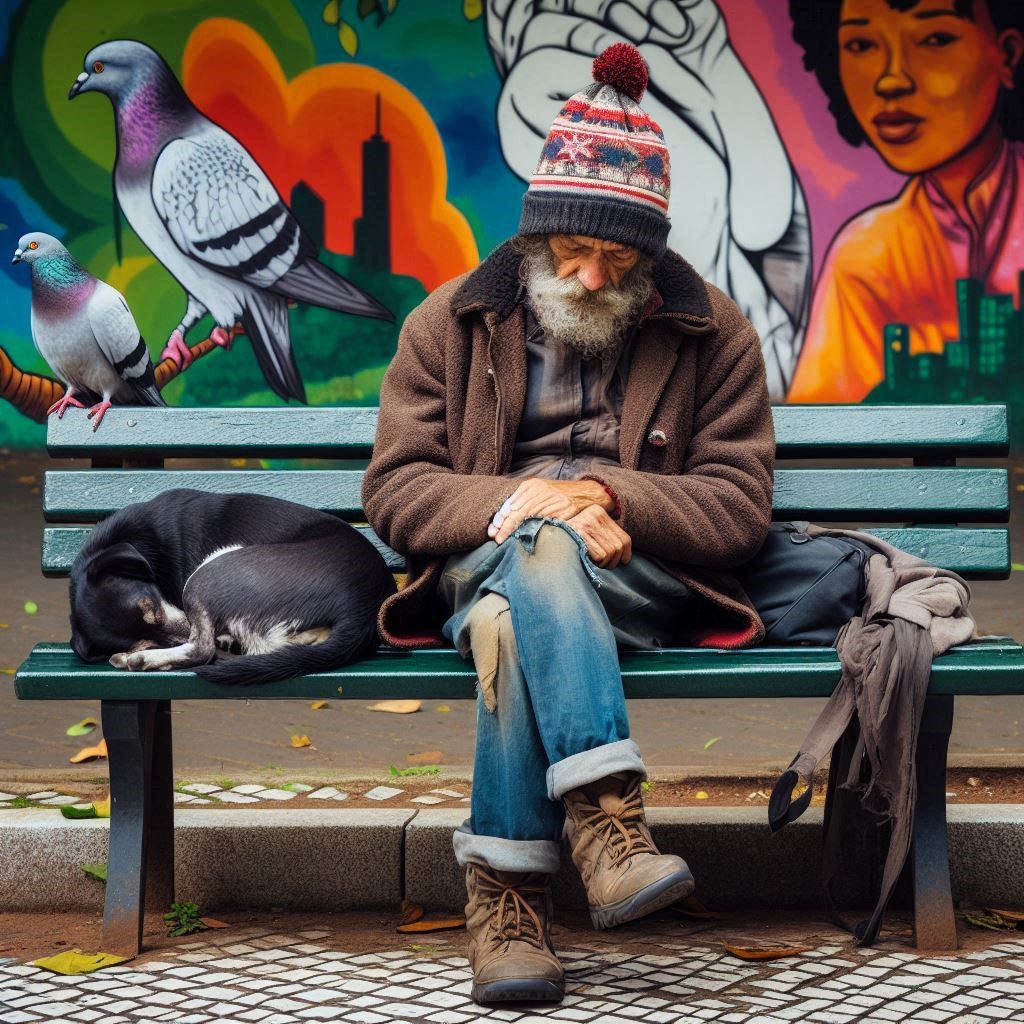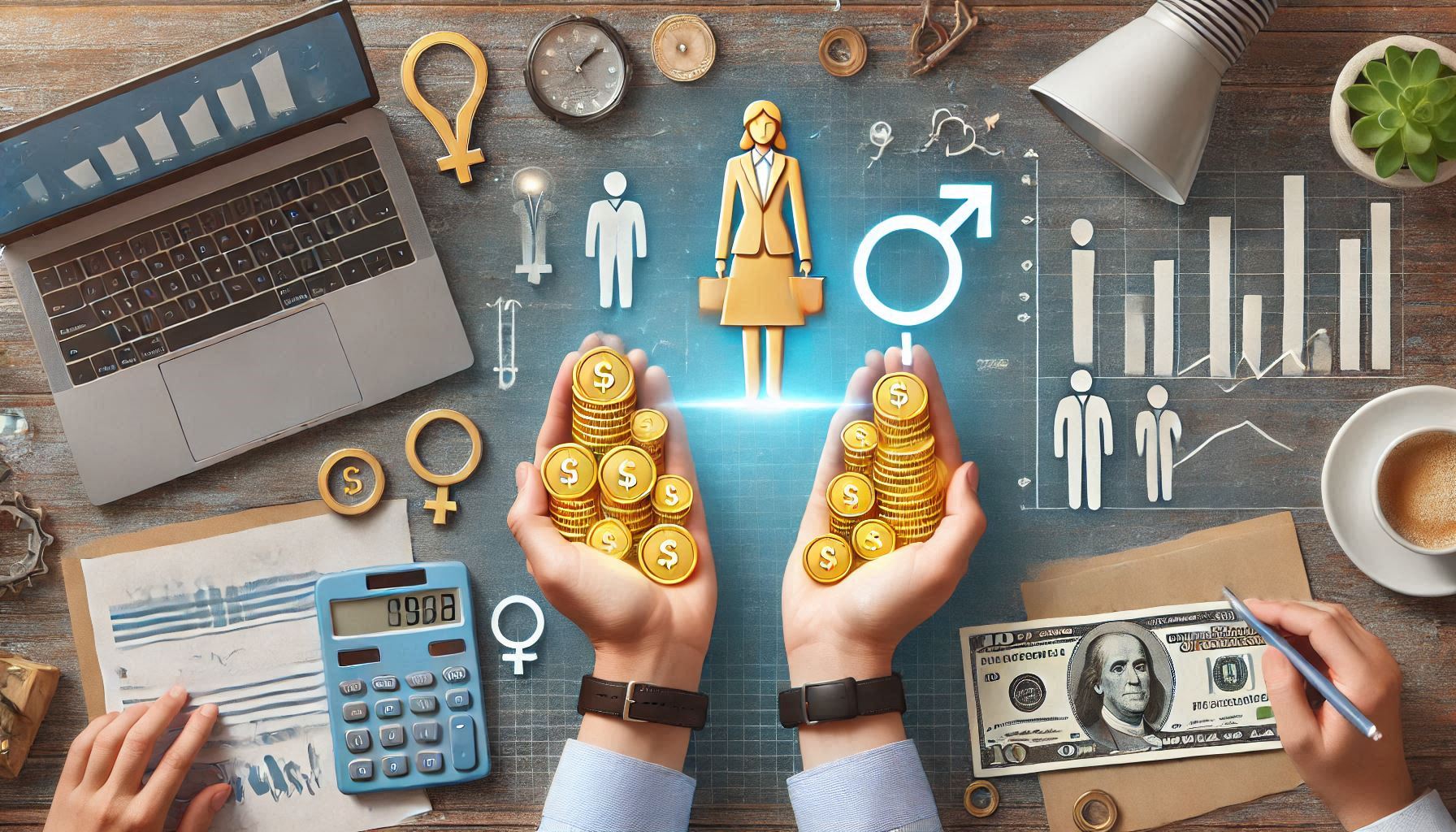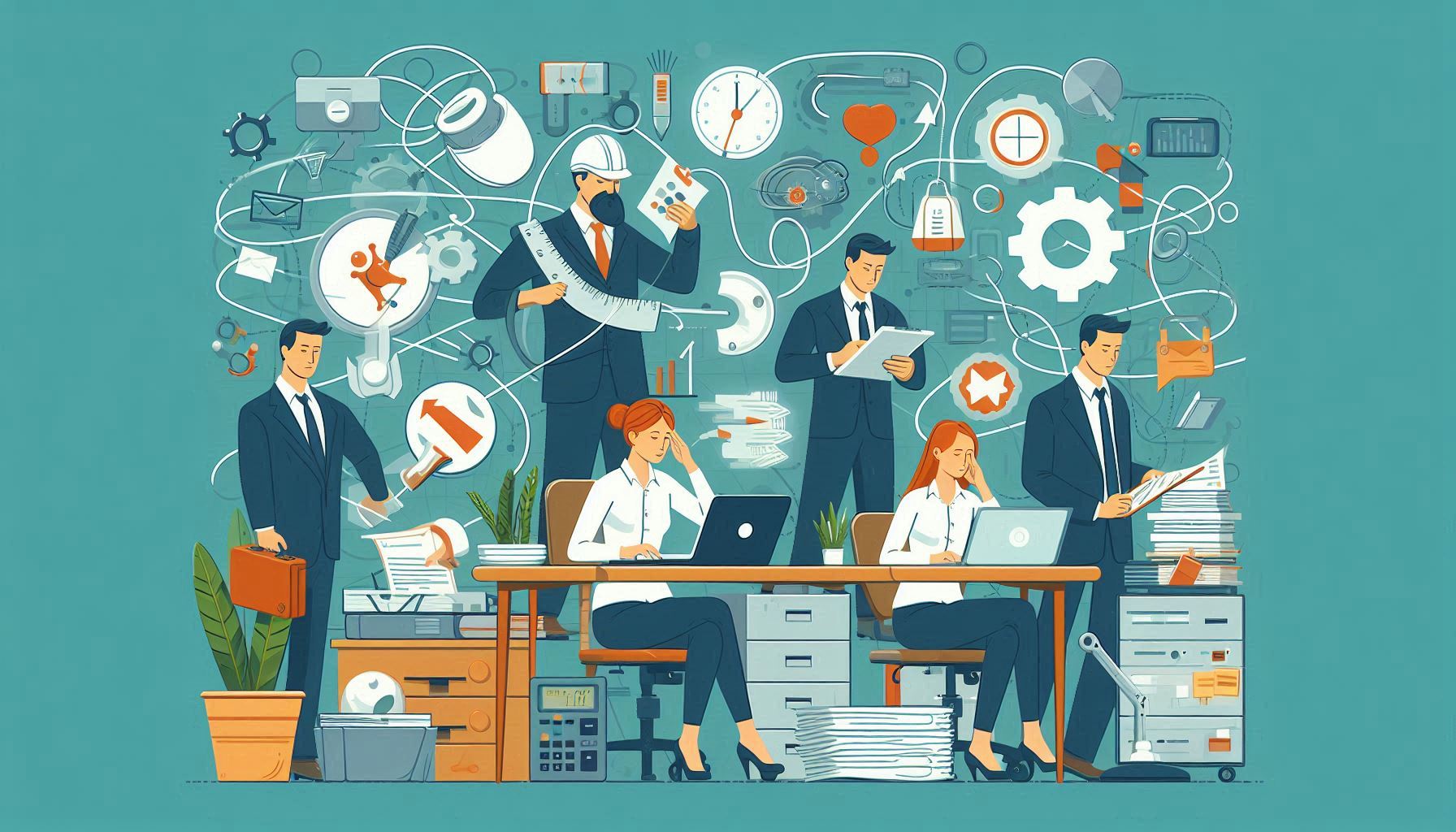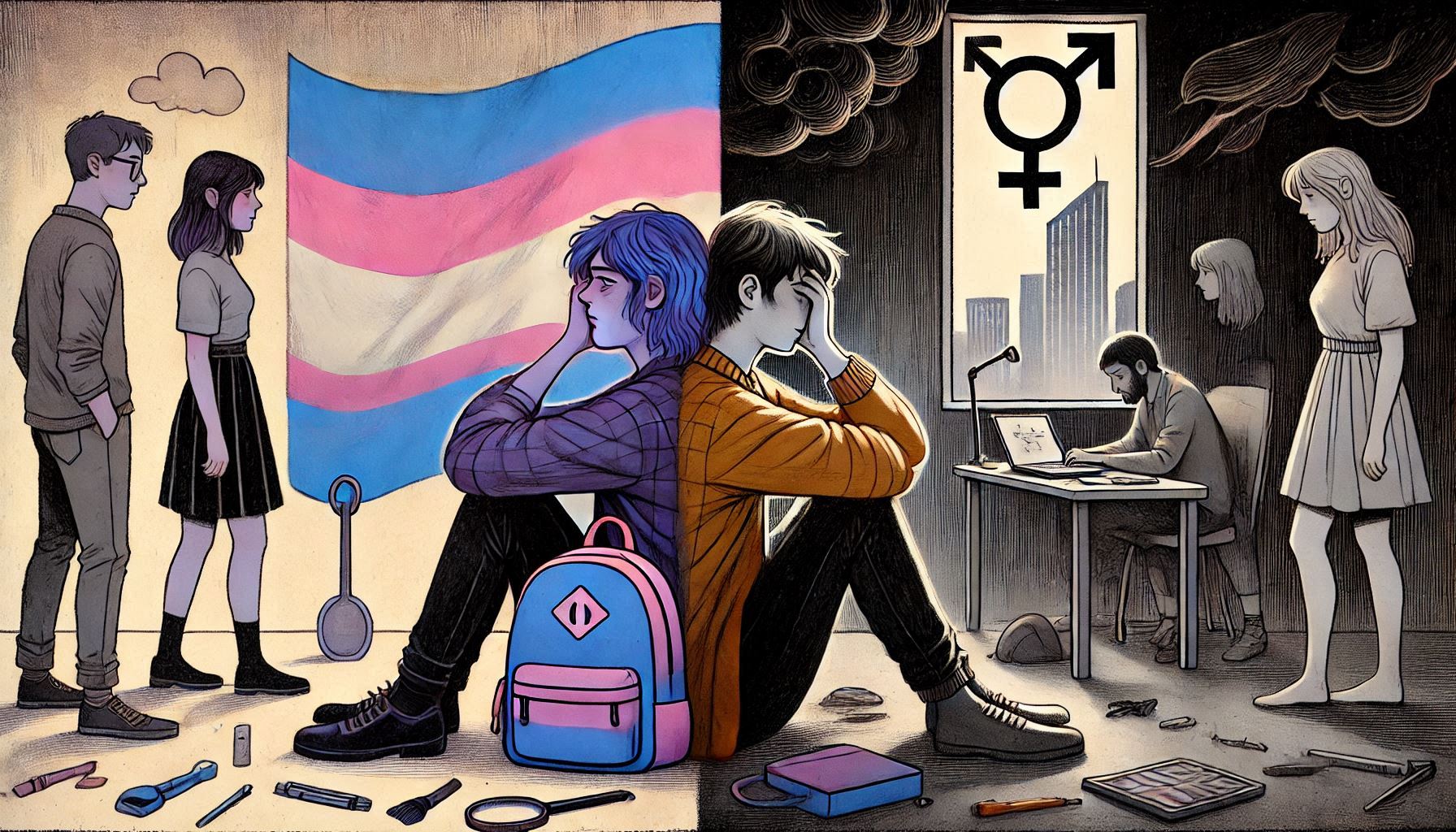The intersection of poverty and gender inequality has profound implications for the mental health of marginalized individuals, particularly women and transgender people. In the context of growing global awareness of the challenges faced by marginalized communities, it becomes increasingly evident that socio-economic disadvantage, when compounded by gender-based discrimination, creates a unique set of obstacles that negatively impact mental well-being. Women and transgender individuals, often at the intersection of multiple forms of marginalization, experience greater rates of mental health issues, including anxiety, depression, and post-traumatic stress disorder (PTSD), due to the compounded effects of poverty and gender inequality.
This paper will explore the various ways in which poverty, when combined with gender inequality, exacerbates mental health issues in marginalized communities, specifically focusing on women and transgender individuals. The intersectional approach—considering how gender, class, race, and other factors interact—will guide the discussion of these complexities. The analysis will also address the systemic nature of these challenges, examining the social, economic, and political structures that perpetuate such inequalities and their long-term effects on mental health.
Understanding Poverty and Gender Inequality
Poverty is often defined as the lack of sufficient financial resources to meet basic needs such as food, shelter, and healthcare. However, poverty is not simply about financial deprivation. It is also about social exclusion, lack of access to education and healthcare, and limited opportunities for personal development and participation in society. Women and transgender individuals, especially those from marginalized racial, ethnic, or sexual minority groups, are disproportionately affected by poverty due to systemic inequalities that restrict their access to economic resources and opportunities.
Gender inequality is a critical factor that contributes to the marginalization of women and transgender individuals. In many societies, deeply ingrained gender norms and stereotypes dictate the roles and opportunities available to individuals based on their gender. These norms often place women and transgender people at a disadvantage in areas such as employment, education, healthcare, and family dynamics. When these gender-based disparities intersect with poverty, the consequences can be devastating.
The Mental Health Impacts of Poverty and Gender Inequality
The mental health consequences of poverty are well-documented, with numerous studies showing that individuals living in poverty are more likely to experience mental health issues, including depression, anxiety, and substance abuse. However, the impacts of poverty on mental health are often compounded when gender inequality is involved. The intersection of poverty and gender inequality creates unique challenges for women and transgender individuals, leading to heightened mental health risks.
- Financial Strain and Chronic Stress
Living in poverty often means experiencing constant financial insecurity. For many women and transgender individuals, the financial challenges are further complicated by gendered expectations and discrimination. Women, for example, are often paid less than men for the same work, limiting their financial independence and exacerbating their vulnerability to poverty. Transgender individuals face additional challenges, including discrimination in the workplace and higher rates of unemployment, which contribute to financial instability.
The constant stress of financial insecurity can lead to chronic anxiety, depression, and stress-related disorders. Individuals who live in poverty are more likely to face multiple stressors simultaneously, including job insecurity, housing instability, and difficulty accessing healthcare. For women and transgender individuals, the added pressure of gendered expectations—such as caregiving responsibilities or societal perceptions of femininity or masculinity—can further intensify the mental health toll of poverty.
- Social Exclusion and Marginalization
Social exclusion is a significant consequence of both poverty and gender inequality. Women and transgender individuals, particularly those from marginalized racial or ethnic groups, often experience discrimination and exclusion from mainstream society. This exclusion manifests in various ways, including limited access to social networks, lack of participation in community life, and feelings of isolation.
The psychological impact of social exclusion can be profound. Individuals who feel disconnected from their communities or society at large are more likely to experience feelings of loneliness, hopelessness, and worthlessness. These feelings, when compounded by poverty and gender-based discrimination, can lead to a higher incidence of mental health issues, including depression, anxiety, and suicidal ideation. For transgender individuals, the rejection of their gender identity by society or family members can be particularly damaging to their mental well-being, leading to higher rates of mental health problems, including PTSD.
- Increased Vulnerability to Gender-Based Violence
Gender-based violence is a critical issue that disproportionately affects women and transgender individuals, particularly those living in poverty. Economic vulnerability makes it more difficult for individuals to leave abusive relationships, as financial dependence on abusive partners or lack of resources for independent living can trap them in cycles of violence.
The mental health consequences of gender-based violence are severe and long-lasting. Victims of abuse are at an increased risk of developing PTSD, depression, and anxiety. The trauma from violence, coupled with the economic dependency that often accompanies poverty, creates a vicious cycle that is difficult to escape. Transgender individuals, in particular, face heightened vulnerability to violence, including physical and sexual assault, which can have devastating effects on their mental health. Discrimination based on gender identity can also lead to increased risks of abuse, further exacerbating the mental health impact of poverty.
- Limited Access to Mental Health Care
Poverty often results in limited access to mental health care services. Women and transgender individuals, particularly those from low-income or marginalized backgrounds, are less likely to have access to quality mental health services due to financial constraints, lack of insurance, and systemic barriers to care. This lack of access to care can worsen mental health conditions, as individuals may not receive the necessary treatment or support.
Furthermore, mental health services may not be equipped to address the specific needs of marginalized communities. Women and transgender individuals may face additional challenges in accessing care that is affirming of their gender identity or culturally competent. The lack of tailored care can deter individuals from seeking help, exacerbating mental health struggles.
- The Intergenerational Impact of Poverty and Gender Inequality
The effects of poverty and gender inequality are not confined to individuals alone. The intergenerational transmission of poverty and discrimination can have lasting effects on families and communities. For women, particularly single mothers, poverty can create a cycle of hardship that is passed down to their children. Children who grow up in poverty are more likely to experience mental health issues, academic challenges, and difficulties in forming stable relationships.
Transgender individuals, especially transgender people of color, often face rejection from their families and communities, which can have long-term psychological effects. The stigma surrounding gender nonconformity can lead to a lack of support from family members, further contributing to mental health struggles. Additionally, the discrimination faced by transgender individuals can lead to a heightened risk of homelessness, as family rejection often forces transgender youth out of their homes.
Case Studies: Real-World Examples
To illustrate the intersection of poverty, gender inequality, and mental health struggles, it is helpful to consider real-world examples. For instance, a study conducted in the United States found that transgender individuals were more likely to live in poverty than their cisgender counterparts, with higher rates of unemployment and economic instability. The study also found that transgender individuals were at a higher risk of experiencing mental health issues such as depression and anxiety, which were further exacerbated by discrimination and lack of access to healthcare (Budge, Adelson, & Howard, 2013).
Similarly, women of color, particularly Black and Latina women, are disproportionately affected by poverty. A report by the National Women’s Law Center (2018) found that women of color are more likely to experience economic hardship, which has significant implications for their mental health. The compounded effects of racism and sexism create unique barriers to economic mobility, which, in turn, contributes to higher rates of mental health struggles, including depression and anxiety.
In terms of domestic violence, a report from the National Coalition Against Domestic Violence (NCADV, 2020) highlighted the increased vulnerability of women living in poverty to intimate partner violence. This violence, coupled with financial dependence on abusers, often traps women in harmful relationships, creating significant mental health challenges. The report also noted that transgender individuals are at heightened risk of violence and discrimination, further exacerbating their mental health struggles.
Solutions and Recommendations
Addressing the mental health challenges faced by women and transgender individuals living in poverty requires a comprehensive approach that includes both social and policy reforms. The following recommendations aim to mitigate the negative effects of poverty and gender inequality on mental health:
- Economic Empowerment: Providing women and transgender individuals with better access to economic opportunities, such as equal pay, affordable housing, and job security, can alleviate some of the financial strain that exacerbates mental health issues. Programs that support economic independence, such as access to microloans and job training, can help individuals break the cycle of poverty.
- Access to Healthcare: Expanding access to affordable healthcare, including mental health services, is essential for improving the mental well-being of marginalized communities. Services should be culturally competent and affirming of gender identity to ensure that women and transgender individuals feel comfortable seeking care.
- Legal Protections Against Discrimination and Violence: Strengthening legal protections against gender-based violence, workplace discrimination, and hate crimes is essential. Women and transgender individuals must be able to live free from violence and discrimination to thrive mentally and emotionally.
- Community Support: Building strong community networks and support systems is crucial for reducing social exclusion. Programs that provide social support, mentorship, and safe spaces for marginalized individuals can help combat isolation and provide mental health support.
- Education and Awareness: Promoting education and awareness about the mental health impact of poverty and gender inequality is essential for creating a more compassionate and inclusive society. Programs that address the stigma surrounding mental health and provide resources for marginalized communities can reduce barriers to care.
Conclusion
The intersection of poverty and gender inequality exacerbates the mental health challenges faced by marginalized communities, including women and transgender individuals. The compounded effects of financial instability, discrimination, gender-based violence, and limited access to healthcare create a toxic environment for mental well-being. Addressing these issues requires comprehensive social, economic, and policy changes to support marginalized communities, alleviate financial stress, and provide better access to mental health care. By dismantling the structural barriers that perpetuate poverty and gender inequality, society can create a healthier, more inclusive environment for all individuals.
SOURCES
Budge, S. L., Adelson, J. L., & Howard, K. A. S. (2013). Transgender individuals’ experiences of discrimination and mental health outcomes. Journal of Counseling Psychology, 60(4), 521-532.
Charmaz, K. (2006). Constructing grounded theory: A practical guide through qualitative analysis. Sage Publications.
Dworkin, J., & Hanks, M. (2013). Gender and poverty: The intersectional experience of mental health among low-income women. Journal of Social Work Practice, 27(4), 367-380.
Jackson, S., & Scott, S. (2004). Gender: A sociological reader. Routledge.
Krieger, N., Smith, K., Naishadham, D., Hartman, C., & Barbeau, E. M. (2005). Experiences of discrimination: Validity and variability of self-reports of discrimination in the United States. Journal of Health and Social Behavior, 46(1), 35-52.
Lee, J., & Lee, W. (2013). The psychological costs of discrimination: The role of gender in social anxiety and depression among young women in the workplace. Anxiety, Stress, and Coping, 26(4), 415-432.
National Coalition Against Domestic Violence. (2020). Domestic violence and economic empowerment: The intersection of gender, race, and poverty. NCADV.
National Women’s Law Center. (2018). The status of women of color in the United States: Economic insecurity, mental health, and discrimination. NWLC.
Schmitt, M. T., Branscombe, N. R., Postmes, T., & Garcia, A. (2014). The consequences of perceived discrimination for psychological well-being: A meta-analytic review. Psychological Bulletin, 140(4), 921-948.
Taylor, S. E., & Turner, R. J. (2001). Perceived discrimination, social stress, and depression in the transition to adulthood: Racial contrasts. Social Psychology Quarterly, 64(4), 405-425.
Wicks, S., & Monro, S. (2017). Gender, work, and mental health: The role of social support in mediating the effects of gender-based discrimination. Journal of Mental Health, 26(6), 512-520.
HISTORY
Current Version
December, 10, 2024
Written By
BARIRA MEHMOOD



